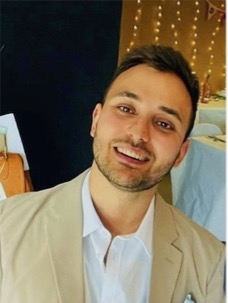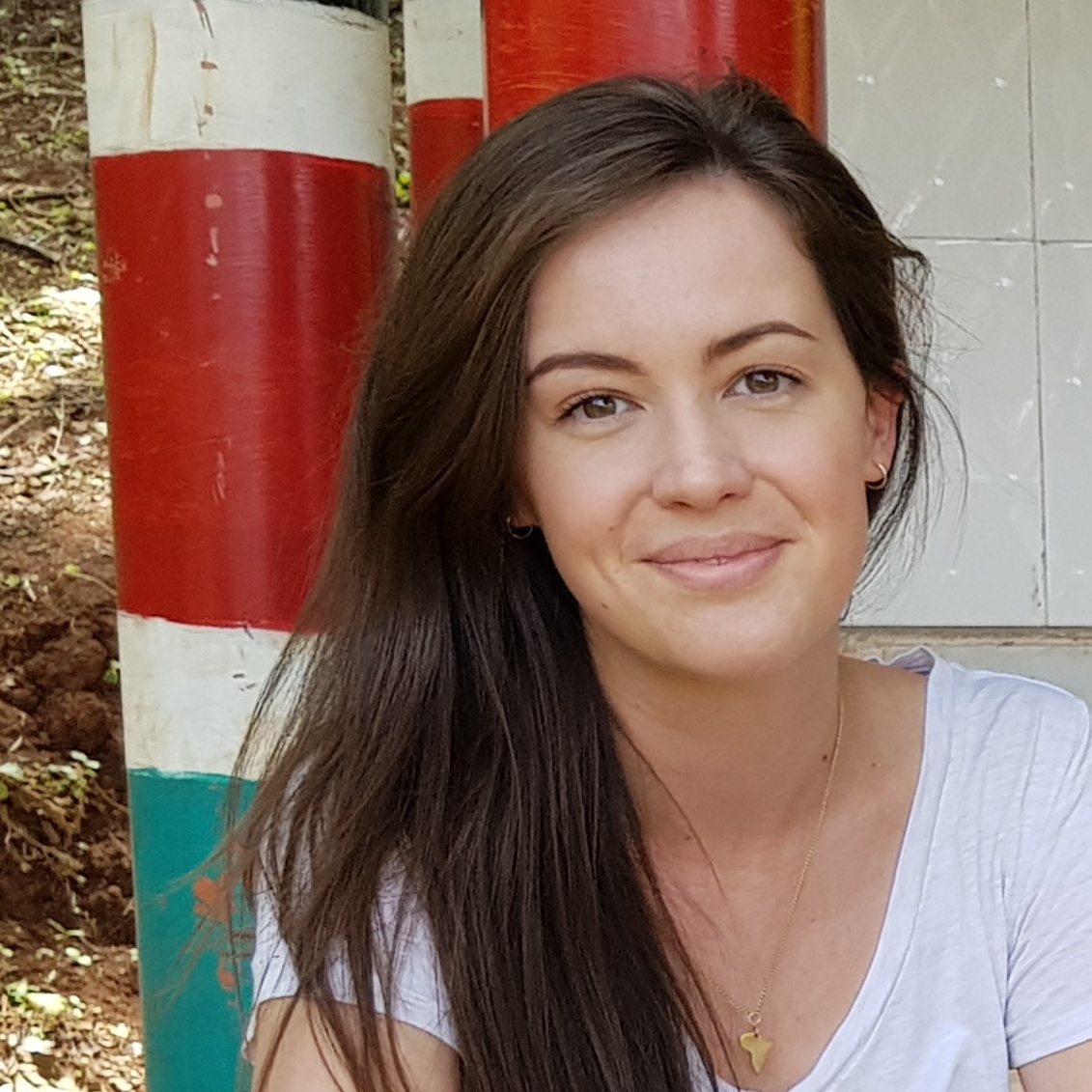In the latest in our #PhDone series we caught up with Dr. Steve Westlake.
Steve (he/him) was a Faculty of Arts Scholarship-funded PhD Student at the University of Bristol, originally from West Wales. Steve studied for his BA in History at Emmanuel College, University of Cambridge and his MA in Comparative History at Central European University, Budapest. Alongside his studies, Steve has worked in the Higher Education Careers and Employability sector, as well as for the educational social enterprise Write On Point.
Q: Hi, Steve. First of all, congratulations on your successful viva! Can you tell us a bit about what your doctoral research was about?
Thanks! My thesis was entitled ‘An “Oxfam of the Mind”? Humanitarianism, Overseas Development at the BBC World Service, 1965-1999’.


